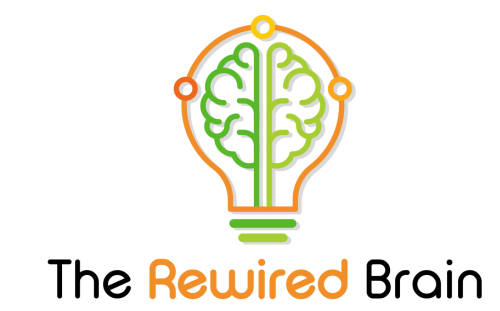What is Neurofeedback? How can it help?
What is Neurofeedback?
The International Society for Neurofeedback and Research (ISNR) defines biofeedback as “a process that enables an individual to learn how to change physiological activity for the purposes of improving health and performance. Precise instruments measure physiological activity such as brainwaves, heart function, breathing, muscle activity, and skin temperature. These instruments rapidly and accurately “feed back” information to the user. The presentation of this information — often in conjunction with changes in thinking, emotions, and behavior — supports desired physiological changes. Over time, these changes can endure without continued use of an instrument” – International Society for Neuroregulation & Research
How does it work?
Sensors
Sensors are placed on the scalp to provide data of brain activity to the computer.
Feedback
You will receive direct feedback in the form of sounds.
Change
Brainwaves are monitored by a neurofeedback technician. Brain changes are developed.
Common Neurofeedback Applications
Developmental Trauma
Neurofeedback offers treatment for symptoms of childhood abuse, trauma, and PTSD. Neurofeedback, especially deep neurofeedback, helps to regulate the autonomic stress response. Although traditional "talk therapy" can help with coping skills and generally processing trauma, neurofeedback can help to heal the brain.
Depression
Sometimes depression can be a result of environmental stress but often depression and other mood disruptions can be traced to brain dysregulation. Clients often say, "I feel depressed but I'm unsure why I feel this way". Neurofeedback can often help with depression, bipolar, dysthymia and premenstrual dysphoric disorder.
Let's Talk
The first step is talking. Let's find a time where we can meet and talk about how neurofeedback can help you.
